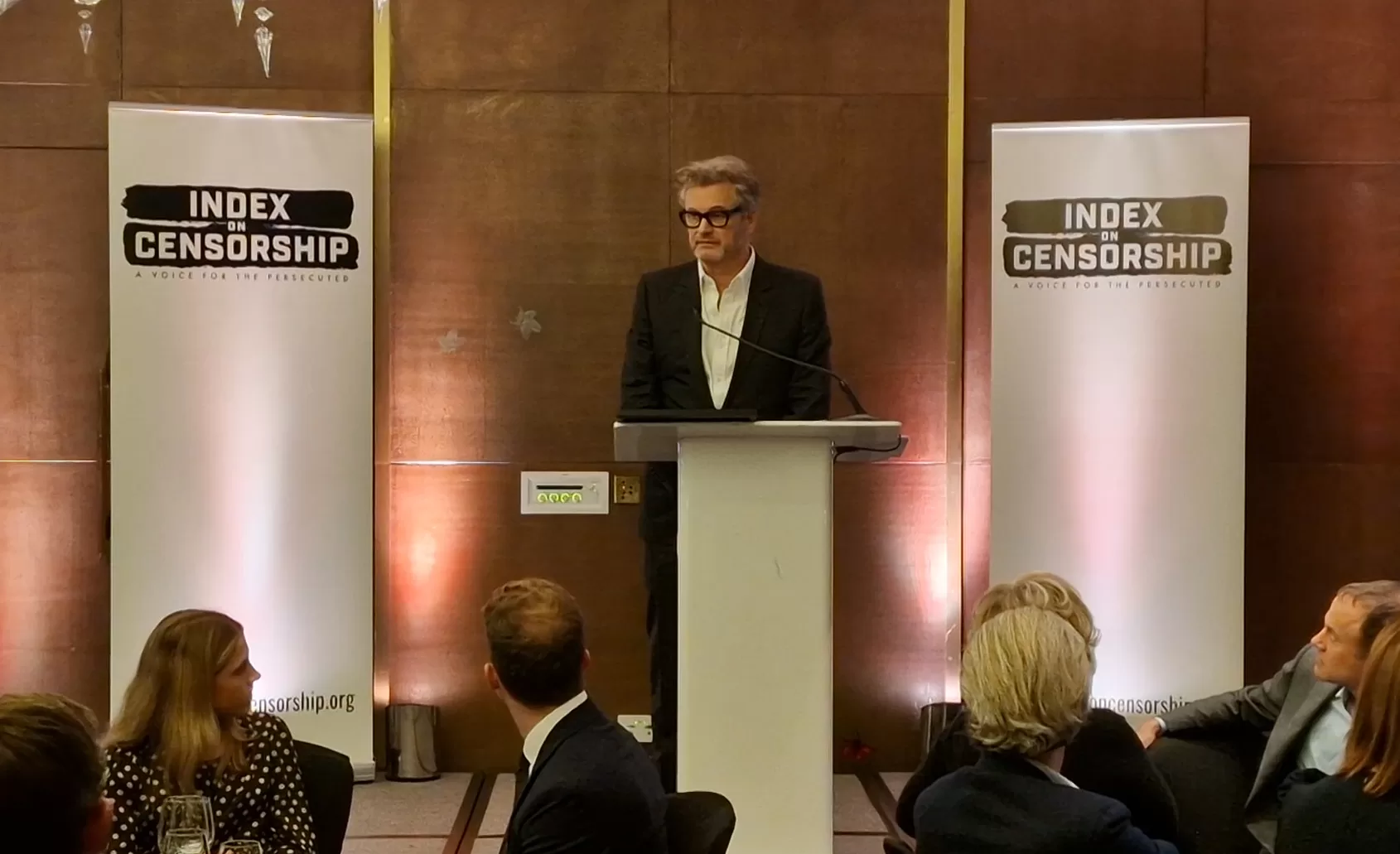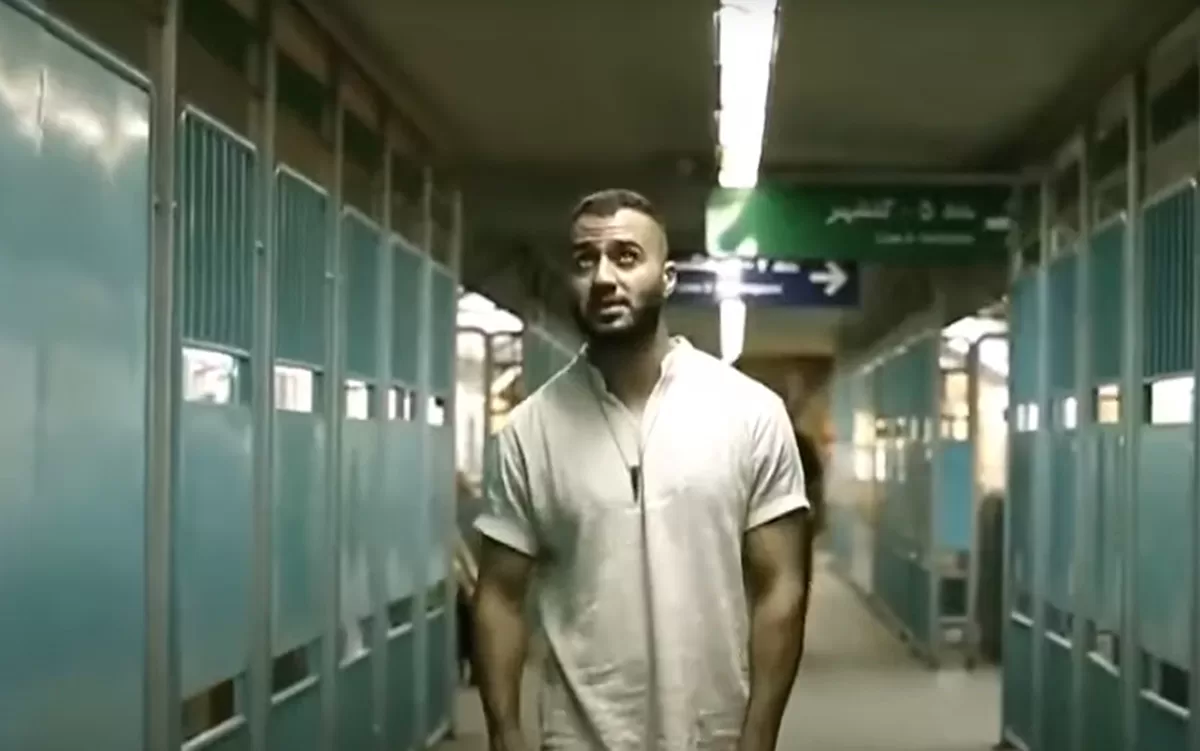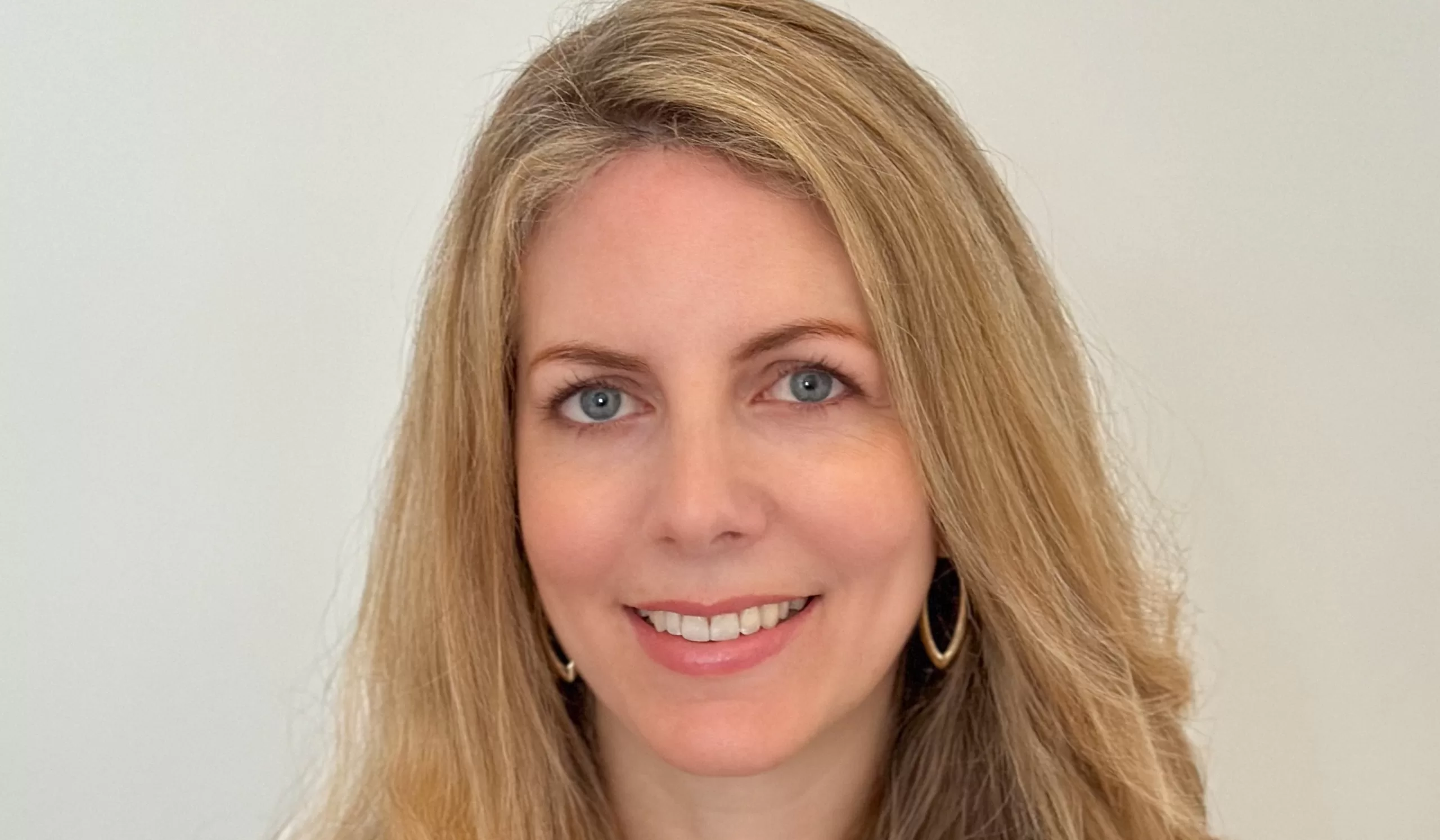
Celebrating our right to read.
- Annual event celebrating the freedom to read takes place 24-30 September
- National organisations from the UK are encouraging people to get involved by reading a banned book
- Slate of events will explore the censorship of ideas
A coalition of UK-based organisations will host a variety of panels, events and discussions this month to explore the freedom to read as part of the internationally-celebrated Banned Books Week.
Beginning with a workshop on 16 September hosted by Spread the Word and Islington Libraries and running until 30 September, the goal is to raise awareness about the many ways literature and ideas are censored – and celebrate our freedom to read.
“Censorship isn’t something that happens far away. It has happened in the UK. In every library there are books that British citizens have been blocked from reading at various times. As citizens and literature lovers we must be constantly vigilant to guard against the erosion of our freedom to read,” Jodie Ginsberg, CEO of Index on Censorship said.
Events include an evening of discussion with Melvyn Bragg and guests on The Satanic Verses controversy at the British Library; a discussion on the “unsayable” with cartoonist Martin Rowson; authors Patrice Lawrence and Alex Wheatle on writing for young people; and David Aaronovitch and guests exploring tactics used to censor voices around the world at Free Word.
Lisa Appignanesi, chair of the RSL, said: “It’s an irony that the list of books banned over the last centuries, whether by religious or political authorities jealous of their power, constitutes the very best of our literatures. From the Bible to Thomas Paine, Flaubert, G.B. Shaw to Simone de Beauvoir’s The Second Sex and Rushdie’s The Satanic Verses, some of the greatest of our books have been banned somewhere. Luckily humans have a way of valuing the prohibited and cherishing liberty; and this as George Orwell reminded us, ‘means the right to tell people what they do not want to hear.’”
Islington Libraries has produced a list of some of the world’s best-known banned books for the occasion and is encouraging everyone to pick up a banned book.
Islington Council’s executive member for economic development, Cllr Asima Shaikh, said: “Islington – one-time home of George Orwell, Douglas Adams and Salman Rushdie himself – has a rich history of radical thought and creative expression and innovation, making it a natural fit with Banned Books Week.
“Our libraries are places which celebrate diversity of opinion and encourage new and interesting ideas. As a borough we continue to challenge censorship and encourage free speech, and we are very proud to be involved in such a great celebration.”
Celebrated works of literature that have experienced bans or censorship include Harper Lee’s To Kill a Mockingbird, Stephenie Meyer’s Twilight series and John Green’s The Fault in Our Stars.
For more information, please contact Sean Gallagher, Index on Censorship, on [email protected].
Full schedule of Banned Books Week events
16 September: Research for fiction writers with Kerry Young
Presented by Spread the Word
Award-winning author, Kerry Young, is running a workshop for writers who want to research and write characters from a range of backgrounds.
22 September: Patrice Lawrence and Alex Wheatle in conversation
Presented by Archway With Words
ArchWay With Words presents a thrilling event with two of Britain’s most exciting, prize-winning writers who tell stories about young people.
24 September: How far can you go in speaking the unspeakable?
Presented by Index on Censorship and Pembroke College
What is the place of the satirist in our age of controversies? The irreverent cartoonist Martin Rowson, of The Guardian and Index on Censorship magazine, joins publisher Joanna Prior of Penguin Random House for what promises to be a coruscating conversation.
26 September: Censored: A Literary History of Subversion and Control
Presented by the British Library
Katherine Inglis and Matthew Fellion, authors of a fascinating new book on suppressed literature, explore the methods and consequences of censorship and some of the most contentious and fascinating cases.
27 September: What happens when ideas are silenced?
Presented by Index on Censorship and Free Word
Join award-winning journalist David Aaronovitch in conversation with Irish author Claire Hennessy and publisher Lynn Gaspard, as they explore what happens when ideas are silenced. With readings by Moris Farhi and Bidisha.
27 September: Censored at The Book Hive, Norwich
Presented by Index on Censorship
Join Index on Censorship magazine Deputy Editor Jemimah Steinfeld in conversation with Matthew Fellion and Katherine Inglis, authors of the new book Censored: A Literary History of Subversion and Control.
28 September: How censorship stifles debate
Presented by the Limerick City Trust
Index on Censorship CEO Jodie Ginsberg will speak about how censorship stifles debate and undermines the tenets of free and democratic societies.
28 September: Standing with Salman
Presented by the British Library and the Royal Society of Literature
Nearly 20 years after Salman Rushdie was forced into hiding following the publication of The Satanic Verses, members of the Salman Rushdie Campaign Group re-unite to talk about their fight for freedom of expression.
30 September: J G Ballard’s Crash: On Page and Screen
Presented by the British Library
Revisit the shock of symphorophilia with Will Self and Chris Beckett, editor of a new edition of Crash. Their discussion is followed by a rare chance to see the uncut version of David Cronenberg’s 1996 film adaptation on the big screen.
Notes to editors
- Banned Books Week was launched in the United States in 1982 in response to a sudden surge in attempts to have books removed or otherwise restricted in schools, bookstores and libraries. More than 11,300 books have been challenged since 1982 according to the American Library Association, a key member of the Banned Books Week coalition.
- The British Library is the national library of the United Kingdom holding more than 170 million items from many countries, in many languages and formats, both print and digital. The British Library seeks to preserve, store and make available our intellectual heritage to everyone, for research, inspiration and enjoyment.
- Free Word explores the power and politics of words. We bring together a rich variety of the most exciting writers and thinkers – the new and the established. We spark critical conversations about society, culture and politics, and we amplify voices that often go unheard. In our distinctive building in Clerkenwell, we host dynamic public events and provide a home and hub to other organisations that champion freedom of expression by nourishing writers, readers, speakers and listeners.
- Index on Censorship is a London-based non-profit organisation that publishes work by censored writers and artists and campaigns against censorship worldwide. Since its founding in 1972, Index on Censorship has published some of the greatest names in literature in its award-winning quarterly magazine, including Samuel Beckett, Nadine Gordimer, Mario Vargas Llosa, Arthur Miller and Kurt Vonnegut. It also has published some of the world’s best campaigning writers from Vaclav Havel to Elif Shafik. In 2017, Index became the first international member of the US-based Banned Books Week Coalition.
- Islington Council’s Library Service is based in London and has a key role in enabling access to knowledge, skills and information. It has been part of a Banned Books Week coalition for the past two years and celebrates the Right to Read with events, booklists and book promotions, working in partnership with the British Library, Royal Society of Literature, Free Word, Spread the Word and Index on Censorship.
- The Royal Society of Literature is Britain’s national charity for the advancement of literature. We encourage and honour writers, engage people in appreciating literature, and act as a voice for its value.
- Spread the Word is London’s writer development agency, which means we are here to help London’s writers make their mark – on the page, the screen and in the world. We do this by kick starting the careers of London’s best new writers, and energetically campaigning to ensure that publishing truly reflects the diversity of the city. We support the creative and professional development of writing talent, by engaging those already interested in literature and those who will be, and by advocating on behalf of both.





